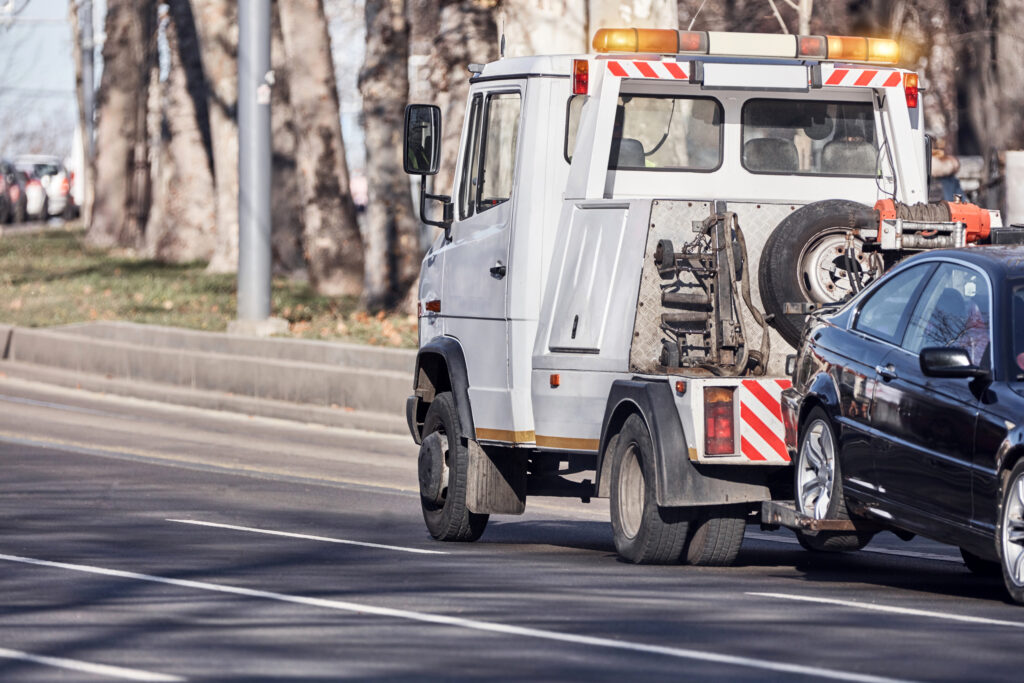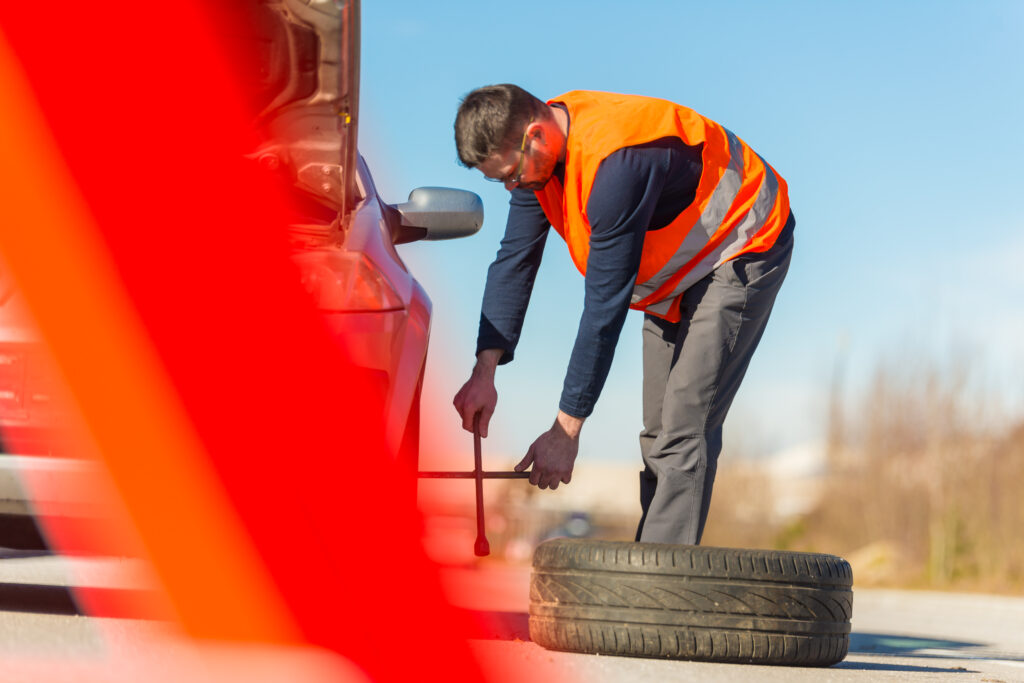
For many motorists, having breakdown insurance provides a sense of security on the road. However, there are crucial factors that could potentially invalidate your coverage, leaving you vulnerable during emergencies.
Understanding these nuances is paramount to ensure your policy remains valid when you need it the most.
In this article we’ll delve into five key aspects that could compromise your motor breakdown insurance, shedding light on common pitfalls that policyholders might unknowingly fall into.
From neglecting regular vehicle maintenance to using your vehicle for hire and reward purposes, various behaviours and oversights can jeopardise the validity of your motor breakdown insurance. Even seemingly minor decisions, such as modifying your vehicle without notifying your insurer, could have significant implications.
Proactive measures, such as policy reviews and keeping to the stipulated guidelines, can make all the difference when it comes to ensuring that your coverage remains intact.
Jump straight to a specific section or read on for the full piece:
- Your car is used for hire & reward
- Failure to maintain the vehicle in a roadworthy condition
- Not carrying a spare tyre
- Overloading the vehicle
- Modifications that impede the usual method of recovery
- Where can I purchase motor breakdown insurance?

Your car is used for hire & reward purposes
Using your car for hire and reward services (such as delivery services) can pose a significant risk to the validity of your motor breakdown insurance.
Hire and reward services involve using your vehicle to transport goods or passengers in exchange for payment. Insurance policies for personal vehicles typically do not cover commercial activities like these, as they increase the vehicle’s exposure to risk. Therefore, using your vehicle for hire and reward services without the appropriate commercial insurance coverage can lead to a breach of your motor breakdown policy terms.
Insurance providers tailor their policies based on the specific use of vehicles, so you need to be transparent with your insurance company about how you use your vehicle to make sure that you have the appropriate cover in place, protecting both yourself and your vehicle in case of breakdowns or emergencies.
Also see: What are the benefits of motor breakdown insurance
Failure to maintain the vehicle in a roadworthy condition
Failure to keep your vehicle in a roadworthy condition can have negative implications, including invalidating your motor breakdown insurance. Not to mention, as outlined in the Road Traffic Act, maintaining your vehicle in a roadworthy state (i.e. ensuring your vehicle is safe to drive, with functioning brakes, lights, tyres and other essential components) is a legal requirement.
Motor breakdown policies are designed to provide assistance in the case of unexpected vehicle breakdowns. This requires policyholders to uphold their responsibilities, one of which is maintaining their vehicle to a safe standard. Failing to do so is considered negligent not only because of the law but also because neglecting to maintain your vehicle can increase the chances of a breakdown.
Not carrying a spare tyre
A spare tyre is considered a standard safety feature for vehicles, providing a quick solution in case of a flat tyre on the road. And, while some modern vehicles are equipped with tyre repair kits instead of spare tyres, insurance policies often require drivers to have some kind of contingency plan for tyre-related issues.
In the event of a breakdown due to a punctured or damaged tyre, having a spare tyre on hand can be crucial for ensuring speedy resolution and getting back on the road quickly. And, aside from the validity of your insurance, carrying a spare tyre helps limit the inconvenience a flat poses to your travel plans.
Also see: The car maintenance checks that could prevent a breakdown
Overloading the vehicle
When a vehicle is overloaded, it puts additional strain on the engine, brakes and suspension, increasing the risk of mechanical failure and accidents, and potentially leading to a breakdown. As a result, many motor breakdown insurance policies include a clause that excludes coverage for breakdowns caused by overloading.
Furthermore, overloading a vehicle not only jeopardises its mechanical features but also becomes harder to control, takes longer to stop and increases the risk of accidents, endangering not only the driver and passengers but also other road users.

Modifications that impede the usual method of recovery
Modifying your vehicle outside its original design specifications can affect its safety and reliability, making breakdowns more likely. Therefore, may motor breakdown policies include clauses that specify coverage applies to vehicles in their original and unmodified state.
The reason for this isn’t just because modified cars are by nature more likely to breakdown. By making modifications that alter the usual method of recovery, such as installing non-standard towing equipment or altering the vehicle’s dimensions, you could prevent recovery services from providing efficient roadside assistance. The modifications could even pose a risk to your vehicle and the recovery personnel.
The bottom line
When you take out any insurance, your cover will have exclusions, so it’s important to read the policy wording before taking out any insurance and always recheck it if you plan to make any changes to your vehicle.
And, if you’re looking for a comprehensive motor breakdown policy that gives you the option for nationwide and overseas cover, Save More Money could have the policy for you from just £24.88 a year.


